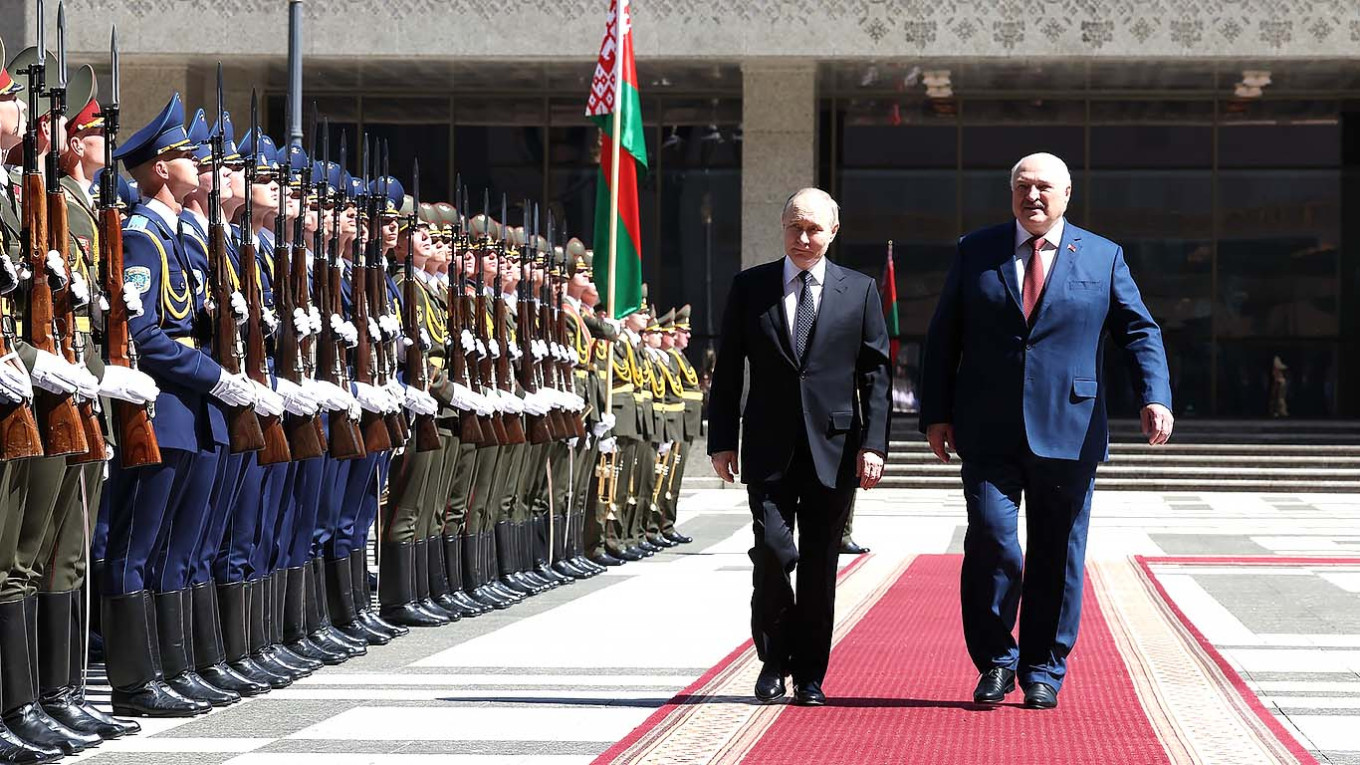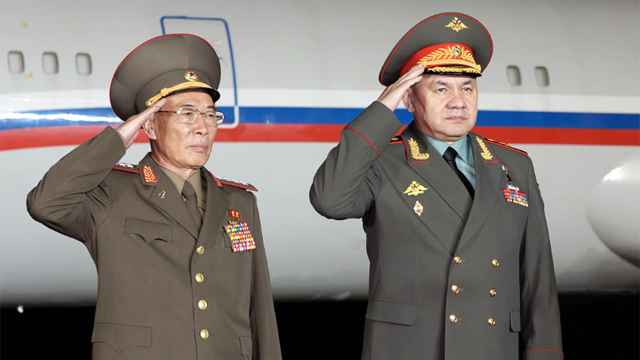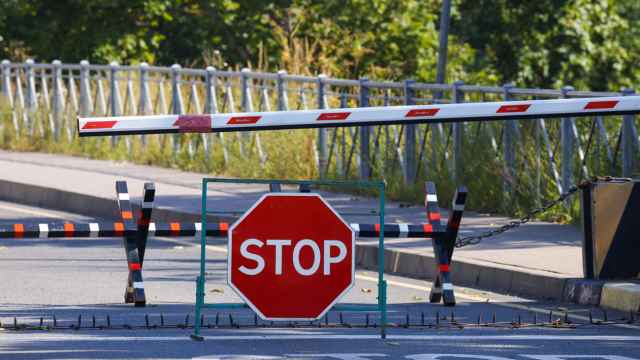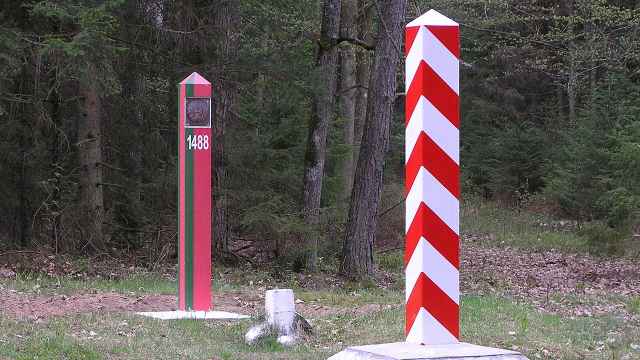EU countries on Wednesday agreed to new sanctions against Belarus over the Kremlin's full-scale invasion of Ukraine so that they align more closely with measures targeting Russia and close holes that have allowed Moscow to circumvent restrictions, officials said.
"EU Ambassadors agreed in principle on a new package of sanctions targeting Belarus," Belgium, which holds the bloc's rotating presidency, said in a statement.
"This package will strengthen our measures in response to Russia's invasion of Ukraine, including combating circumvention of sanctions," it added.
Brussels has gone after the government of Belarusian leader Alexander Lukashenko, the Kremlin's closest ally, for allowing his country to be used as a staging ground for Russia's February 2022 invasion of Ukraine.
Bringing sanctions against Minsk more in line with those against Moscow is seen as vital for stemming the flow of banned goods to Russia, including microchips that can be used on the battlefield in Ukraine.
European officials say Belarus has acted as a backdoor to get sanctioned products from the EU into Russia, as they could be officially exported to Belarus before heading further to its neighbor.
"Belarus must no longer serve as a route to circumvent our sanctions against Russia. With this package we increase the pressure on both countries and make our sanctions against Russia even more effective," EU chief Ursula von der Leyen said on X (formerly Twitter).
The push to strengthen the sanctions on Belarus, which is in a customs union with Russia, was stalled for over a year as efforts to relax restrictions on its lucrative fertilizer exports were blocked by Lithuania.
Some EU states argued that fertilizer exports should be allowed to help alleviate problems with food supplies in developing nations.
But officials in Lithuania argued that third countries had already moved to obtain supplies from elsewhere and that removing restrictions on Belarus would see revenues worth billions of dollars flow to Belarusian authorities.
EU diplomats said no exemptions had been granted for fertilizer exports.
Before Russia's 2022 invasion of Ukraine, the EU had already targeted Lukashenko's government with repeated rounds of sanctions over its crackdown on protests.
A Message from The Moscow Times:
Dear readers,
We are facing unprecedented challenges. Russia's Prosecutor General's Office has designated The Moscow Times as an "undesirable" organization, criminalizing our work and putting our staff at risk of prosecution. This follows our earlier unjust labeling as a "foreign agent."
These actions are direct attempts to silence independent journalism in Russia. The authorities claim our work "discredits the decisions of the Russian leadership." We see things differently: we strive to provide accurate, unbiased reporting on Russia.
We, the journalists of The Moscow Times, refuse to be silenced. But to continue our work, we need your help.
Your support, no matter how small, makes a world of difference. If you can, please support us monthly starting from just $2. It's quick to set up, and every contribution makes a significant impact.
By supporting The Moscow Times, you're defending open, independent journalism in the face of repression. Thank you for standing with us.
Remind me later.






